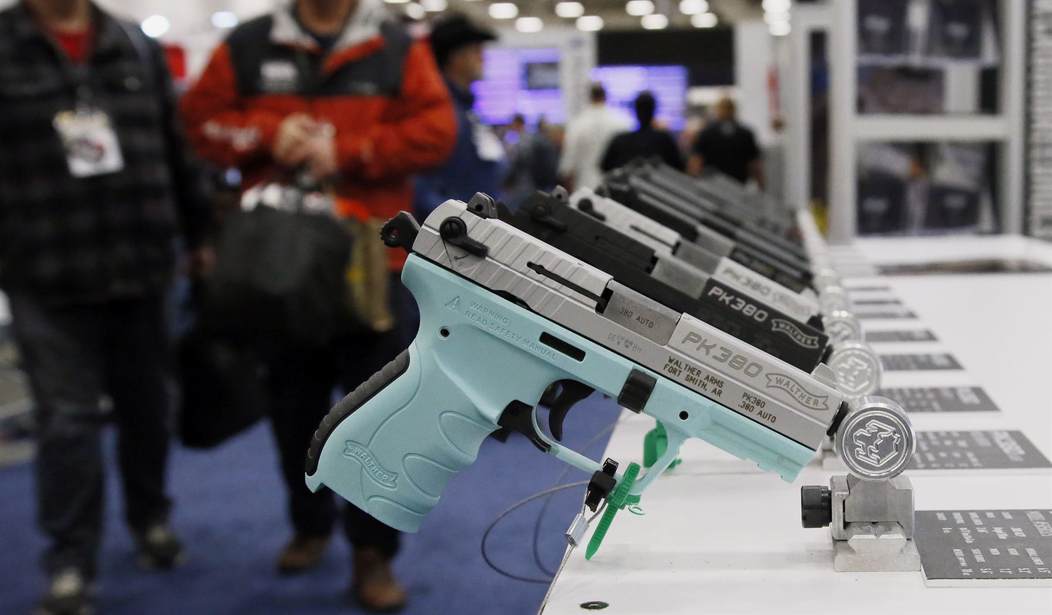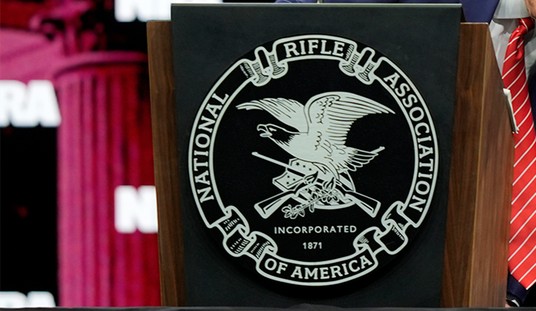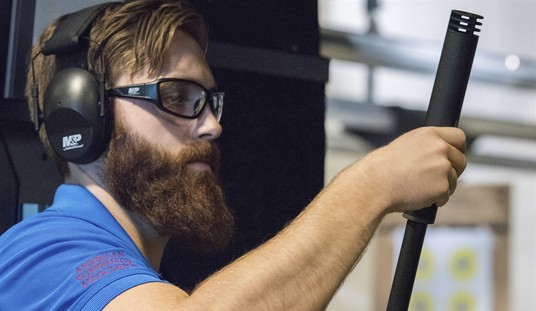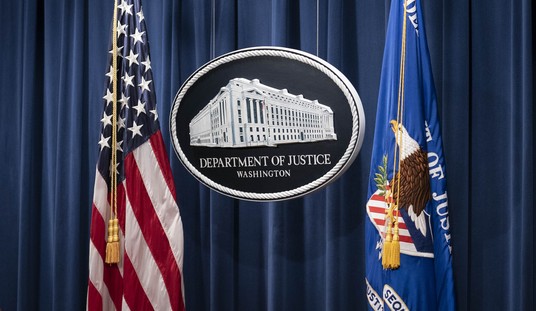If you’re reading this site, there’s a very good chance you have guns. It’s not guaranteed–some people like to defend the Second Amendment even if they don’t take part in exercising the right, which is fine–but most who read here also have some interest in firearms. Many of us live in good neighborhoods, the kinds of places where you don’t mind your kids playing outside without direct parental supervision.
However, a Los Angeles Times journalist thinks it’s well past time to redefine what we call a “bad” neighborhood, and by her metric, we’re all screwed.
In a series of tweets on June 8, Virginia Heffernan, a Harvard-educated columnist for The Los Angeles Times, wrote: “Real-estate listings should include prevalence of gun-ownership in a 50-mile radius and number of annual mass shootings in the region. Time to change what a ‘bad neighborhood’ is.” In follow-up tweets she added, “…and introduce a meaningful tax on guns and gun violence. No one should say ‘this is a great place to raise kids’ about neighborhoods where even one person has an assault rifle.” The idea is to take “race, class [and] politics out of the real estate equation.”
There are so many flaws in this piece of unhinged idiocy that it’s hard to know where to start. Perhaps the most neutral point is envisioning the implementation of her new “bad neighborhoods” approach.
Heffernan’s “gun ownership metric” calls for disclosure for not just a particular neighborhood, but every place within a “50-mile radius.” Using Los Angeles as the base, the 50-mile zone would include the cities of Long Beach, Santa Ana, Anaheim, Glendale, Huntington Beach, Irvine, Pomona, Torrance, Rancho Cucamonga, Garden Grove, and scores of others. Disclosure for real estate in Washington, D.C. would have to cover several sensitive federal facilities (among them the White House, the ATF headquarters, and the Pentagon) as well as cities in neighboring Maryland and Virginia. How realistic or relevant is this?
Another snag (even assuming this information would never need to be updated) is how the “prevalence of gun-ownership” in any given area would be determined. There is no national gun registry or federal license required to own a gun. If a recent request regarding Hunter Biden is a reliable indication, the Bureau of Alcohol, Tobacco, Firearms and Explosives (ATF) claims it is prohibited from releasing its records pursuant to the Freedom of Information Act where “the subject of the records request is a third party and a private citizen,” unless the person has authorized the release or the “public interest in the disclosure outweighs the personal privacy interests” of the individual.
More to the point, though, Heffernan’s proposal is pure hoplophobia.
I know, the left has made it something of an art to turn anything and everything they don’t like into some kind of phobia, but this is different. You see, Heffernan knows that the current definition of good neighborhoods and bad neighborhoods deal with things like crime, schools, and similar metrics. Someone can objectively look and determine that their family may not be safe living there and decide to go elsewhere.
The prevalence of gun ownership, even if that could be ascertained, is a different matter entirely.
First, this would only be potentially possible with lawfully owned guns. Those guns are not and have never been the issue. If someone would do this, what they’d likely see are a high prevalence of guns in better neighborhoods and almost no gun ownership in high-crime, or “bad” neighborhoods.
Why? Because you can only track the lawfully purchased guns.
Criminal gun ownership doesn’t show up in official statistics. You can’t estimate it based on NICS checks over the last so many years. You can’t get it from polling people. You just have to guess based on what’s been recovered by law enforcement, but that’s not going to be accurate, and it damn sure won’t show up in charts.
And while Heffernan might sound dumb, she has to understand this on some level. As a result, her outburst had more to do with her unreasonable fear of guns–the definition for hoplophobia–than with any desire to make neighborhoods safer. Especially since her “proposal” would do no such thing except send the wrong signals.
On the upside, though, it might help us determine where to move so we won’t have busybody, anti-gun neighbors, so there’s that.








